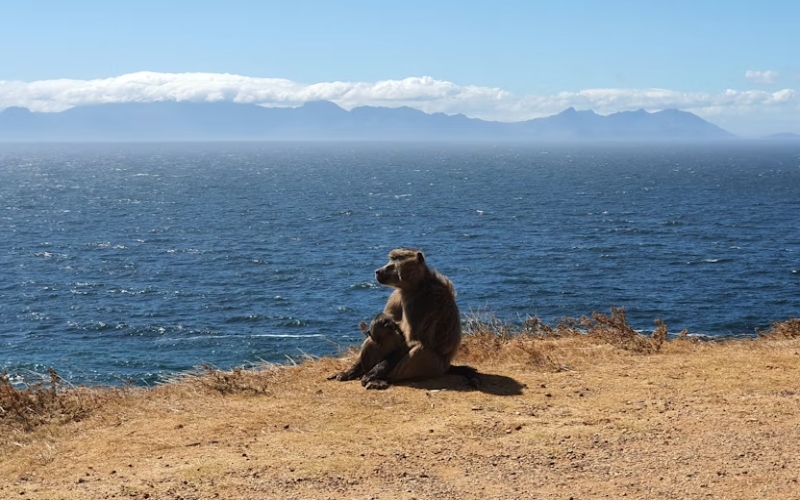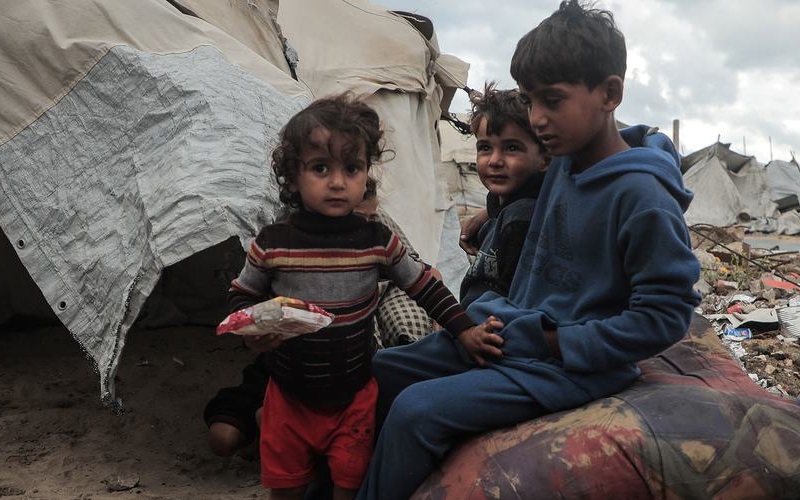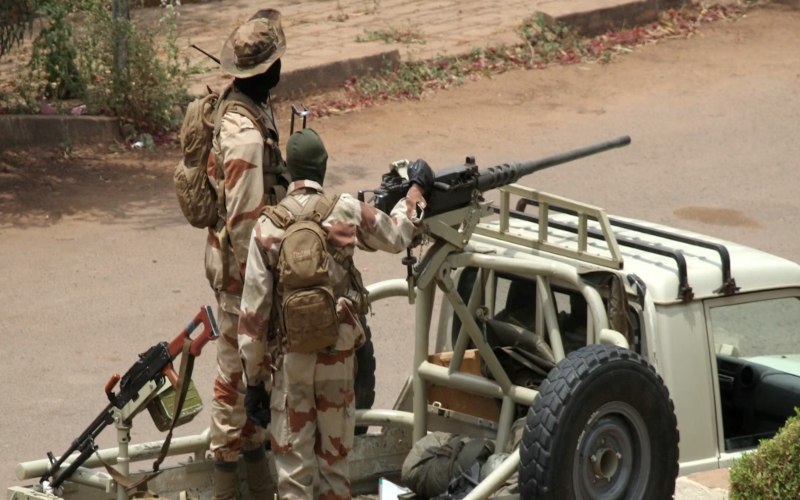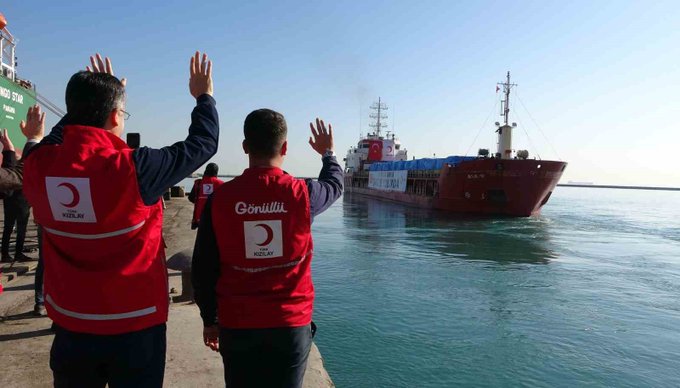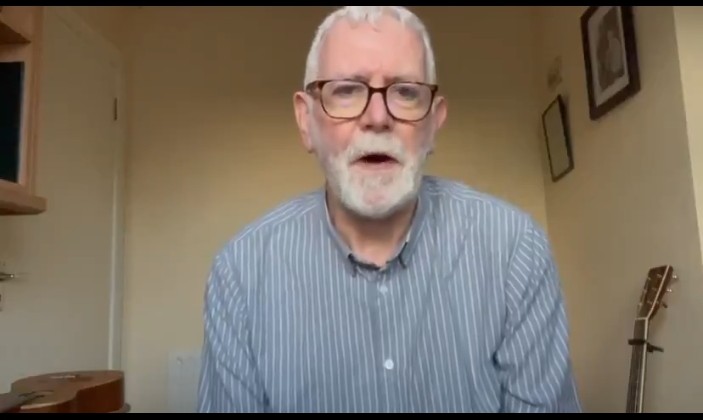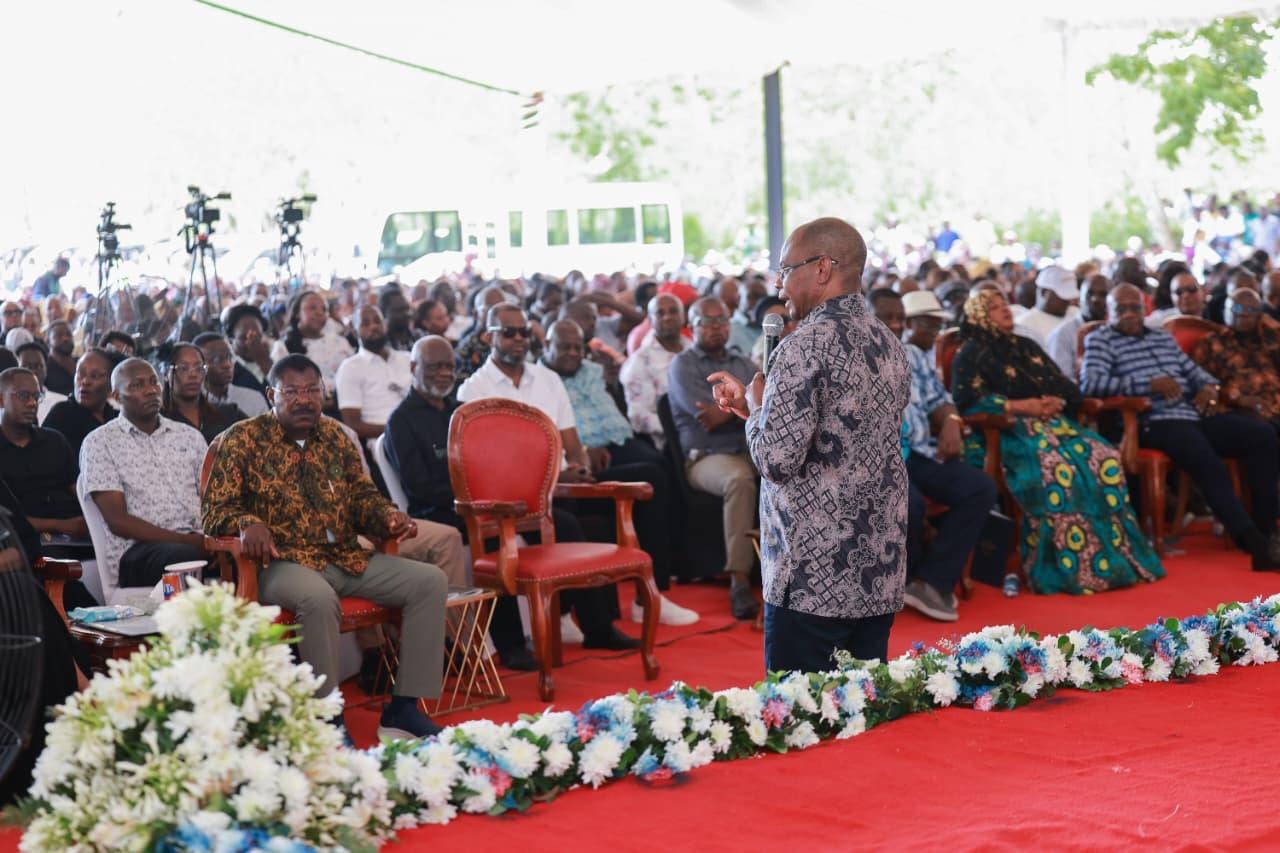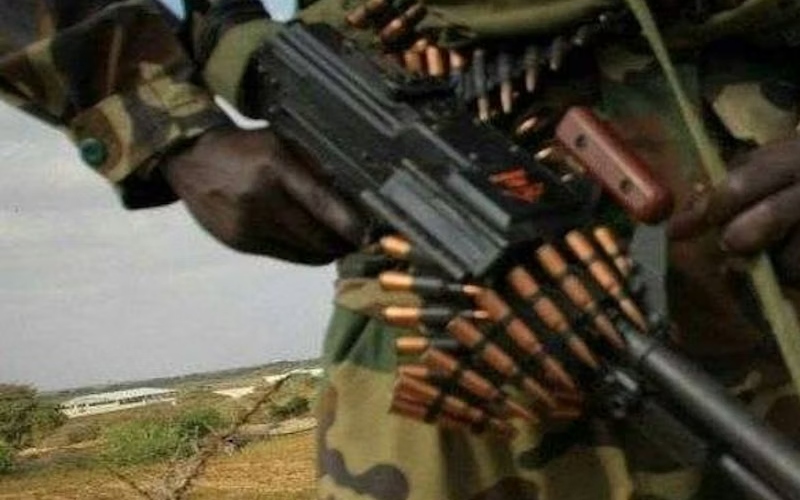Kaluma calls for BBC Africa ban in Kenya over documentary on deadly Gen Z protests
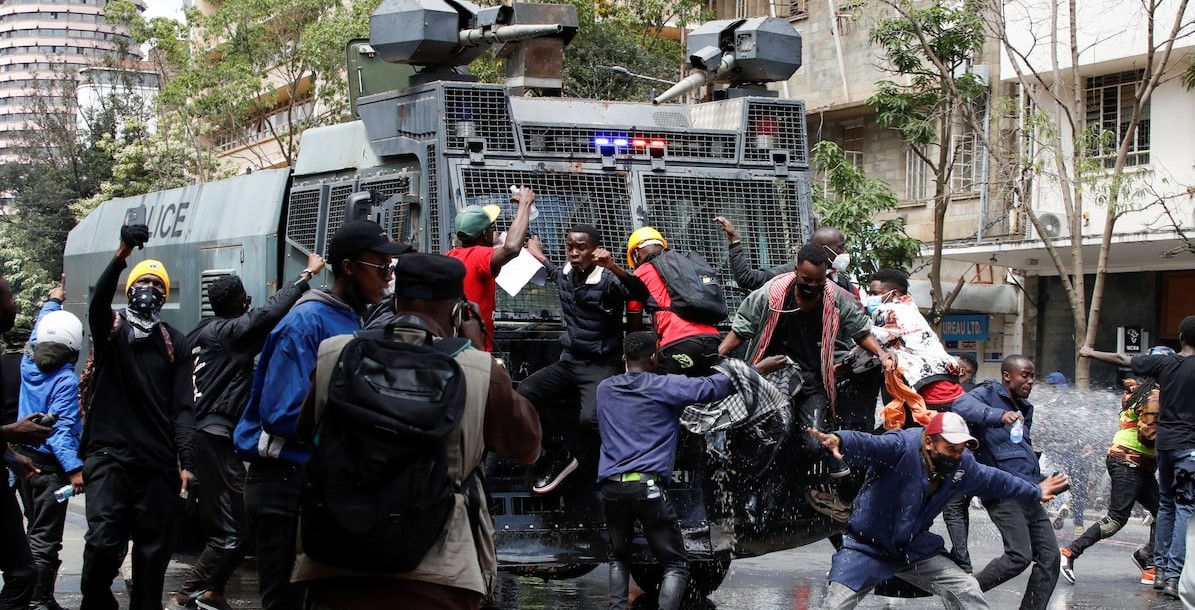
As the protestors stormed Parliament, some were shot outside the building, while others set fire to a section housing the parliamentary office.
Homa Bay Town MP Peter Kaluma has called for the banning on BBC Africa’s operations in Kenya, following the release of its investigative documentary “Blood Parliament”, which revisits the brutality of security agencies during the Gen Z-led anti-government protests on June 25, 2024.
The documentary links Kenya Defence Forces (KDF) officers to acts of brutality during the protests when demonstrators stormed Parliament, with several being shot dead.
More To Read
- 16 arrested over attack on Peter Kaluma during Kasipul by-election
- Gun stolen from Homa Bay MP’s bodyguard recovered after Kasipul by-election clash
- MP Kaluma injured as bodyguard loses gun in Kasipul poll chaos
- Gen Z protests in Kenya: Key facts (2024-2025)
- Amnesty exposes state-backed harassment network during Kenya’s 2024–2025 Gen Z protests
- UN human rights experts visit Kenya privately amid concerns over crackdowns, civic freedoms
Kaluma claimed the documentary was biased, irresponsible and provocative, alleging that it could stir unrest in the country.
In a brief but pointed statement on X, Kaluma condemned the documentary as misleading, alleging it was designed to incite chaos and destabilise Kenya.
“The role played by the media in any democracy is too important to be discharged irresponsibly. The media can build greater democracy or destroy an otherwise stable state,” Kaluma stated.
He referenced the 1994 Rwandan genocide against the Tutsi, warning that such media content could lead to similar consequences if not addressed.
“Lest we forget, the Rwanda genocide would not have occurred were it not for reckless media,” he said.
 Demonstrators gesture as police use tear gas to disperse them during a demonstration against the Finance Bill, 2024 in Nairobi on June 25, 2024. (Photo: File/Reuters)
Demonstrators gesture as police use tear gas to disperse them during a demonstration against the Finance Bill, 2024 in Nairobi on June 25, 2024. (Photo: File/Reuters)
Revoke licence
Kaluma urged government authorities to take immediate action by revoking BBC Africa’s licence to operate in the country. He maintained that the documentary was not only damaging to Kenya’s image but also posed a threat to national unity and peace.
"The 'Blood Parliament' documentary by BBC Africa is twisted, partial, reckless and intended to incite chaos in Kenya. The relevant agencies of the government of Kenya must act swiftly to withdraw their license in the country."
The BBC exposé, which features activists such as Hanifa Adan, Embakasi East MP Babu Owino, Law Society of Kenya President Faith Odhiambo, and student journalist Allans Odemba, reveals the shootings that took place during the breach of Parliament.
The documentary alleges that aside from police officers, there were other shooters, possibly drawn from KDF, particularly the Kenya Army, involved in the Gen Z protests.
The investigation, which runs for 37 minutes, is based on digital evidence showing the killing of dozens of youths.
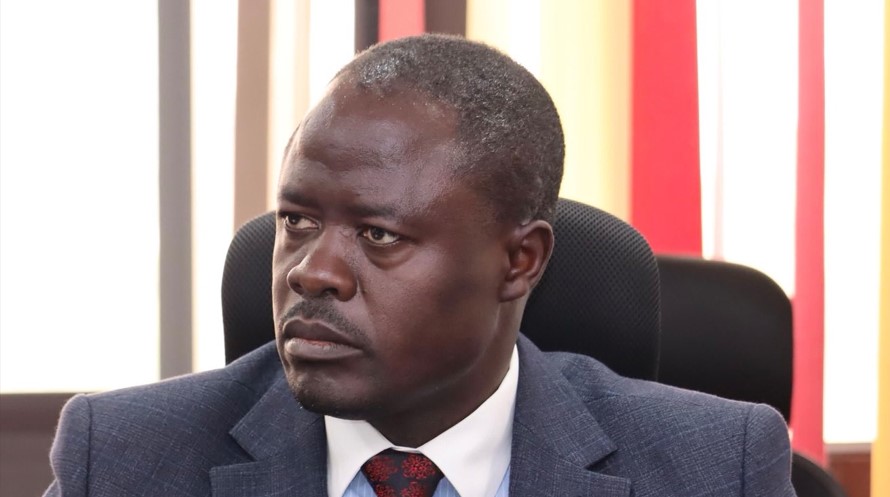 Homa Bay Town MP Peter Kaluma who has called for the banning on BBC Africa’s operations in Kenya. (Photo: X/Peter Kaluma)
Homa Bay Town MP Peter Kaluma who has called for the banning on BBC Africa’s operations in Kenya. (Photo: X/Peter Kaluma)
Unique dress code
One of the findings was that one shooter had a unique dress code, unlike the plainclothes police officers at the scene, raising doubts about whether he belonged to the police units.
"In the video of the officer shouting, 'uaa!' (which means kill in English), the shooter's back was to the camera. But the BBC compared his body armour, riot shield and headgear with those of every police officer at the scene. In his case, he had an upturned neck guard. We matched his distinctive uniform to an officer in a video recorded seconds later. There, he made sure to hide his face before firing into the crowd. We do not know his name," the BBC report stated.
It was also claimed that one of the shooters during the invasion of Parliament was linked to the Central Police Station in Nairobi.
However, when the BBC tried to trace the officer, the efforts failed, creating confusion about his actual station of assignment.
Efforts to get a comment from the National Police Service (NPS) and the police station where the officer was supposedly based were unsuccessful.
The NPS said that only the Independent Policing Oversight Authority (IPOA) can investigate police misconduct, adding that it cannot probe its own officers.
At the same time, the Kenya Defence Forces dismissed claims that its officers participated in the shooting, stating that it remains a neutral and professional service.
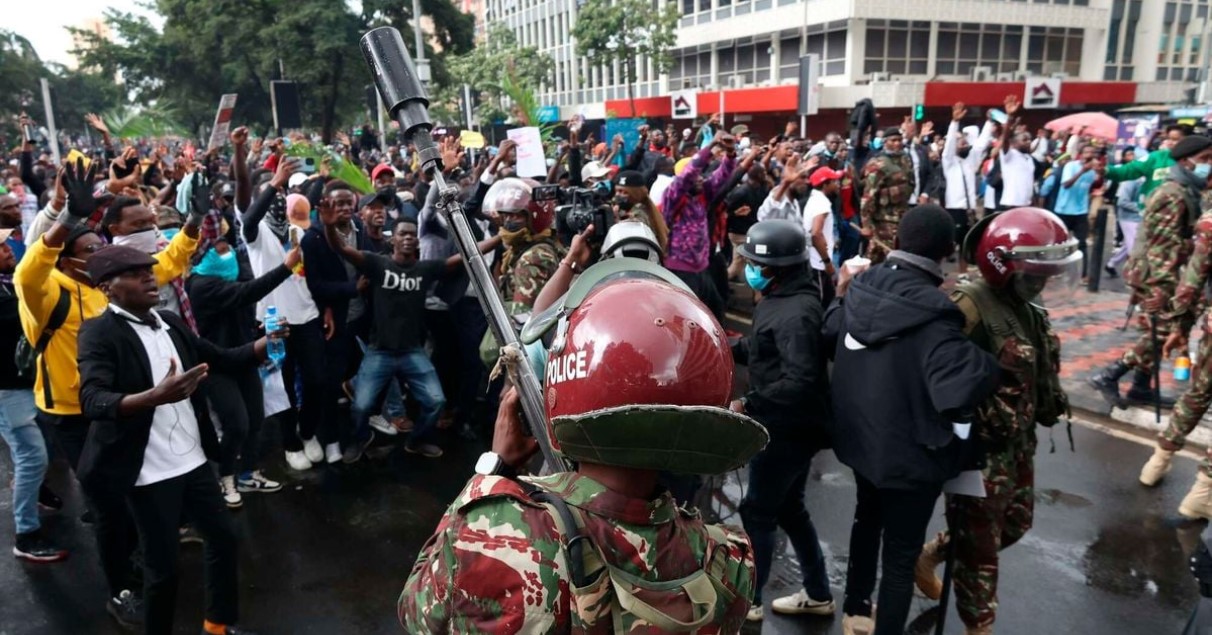 Demonstrators confront anti-riot police officers during Gen Z protests against the Finance Bill, 2024. (Photo: Courtesy)
Demonstrators confront anti-riot police officers during Gen Z protests against the Finance Bill, 2024. (Photo: Courtesy)
Deployment of KDF officers
On the evening of June 25, then Defence Cabinet Secretary Aden Duale announced the deployment of KDF officers to help police handle the unrest.
In a gazette notice, Duale said the decision came after some demonstrators targeted critical infrastructure, posing a threat to national security.
The deployment of the defence forces was declared only after Parliament had already been breached.
In the aftermath of the protests, the Kenya National Commission on Human Rights (KNCHR) reported 39 fatalities and 361 injuries across various regions of the country.
The demonstrations were sparked by the contentious Finance Bill, 2024, which sought to generate Sh346 billion through increased taxes. The Bill was subsequently withdrawn.
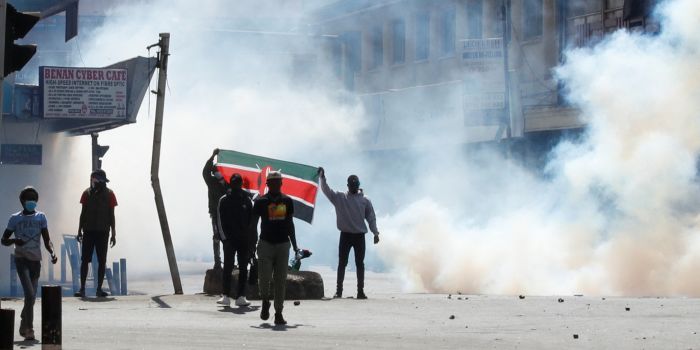 Demonstrators react as police use tear gas to disperse them during a demonstration against the Finance Bill 2024/2025 in Nairobi on June 25, 2024. (Photo: REUTERS/Monicah Mwangi)
Demonstrators react as police use tear gas to disperse them during a demonstration against the Finance Bill 2024/2025 in Nairobi on June 25, 2024. (Photo: REUTERS/Monicah Mwangi)
Sh94m property damaged
National Assembly Speaker Moses Wetang'ula later disclosed that the protests at Parliament resulted in property damage worth Sh94 million. He said an insurance company had assessed the destruction.
"That is the damage we suffered. The insurance company has taken up the matter," Wetang'ula said.
Wetang'ula went on to explain that during the June 25 breach of Parliament, protestors vandalised furniture, damaged infrastructure, smashed television screens and ripped flags.
As the protestors stormed Parliament, some were shot outside the building, while others set fire to a section housing the parliamentary office.
Gunfire could be heard as police officers struggled to control the crowd. Several items were vandalised, including essential equipment used for parliamentary sessions, windows were smashed, and flags were destroyed.
Currently, only one police officer, linked to the Central Police Station, faces possible murder charges in connection with the killings. His case was adjourned on March 10 after a key witness asked for more time to submit critical documents to the court.
The full extent of involvement by officers outside the police service remains unclear, even as human rights groups continue to demand accountability for the deaths and injuries recorded during the demonstrations.
Top Stories Today





